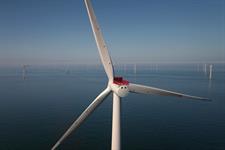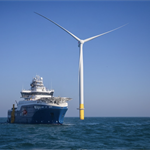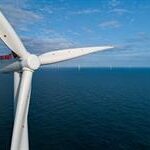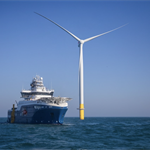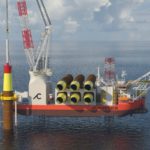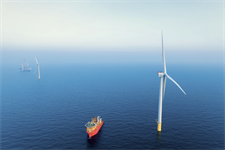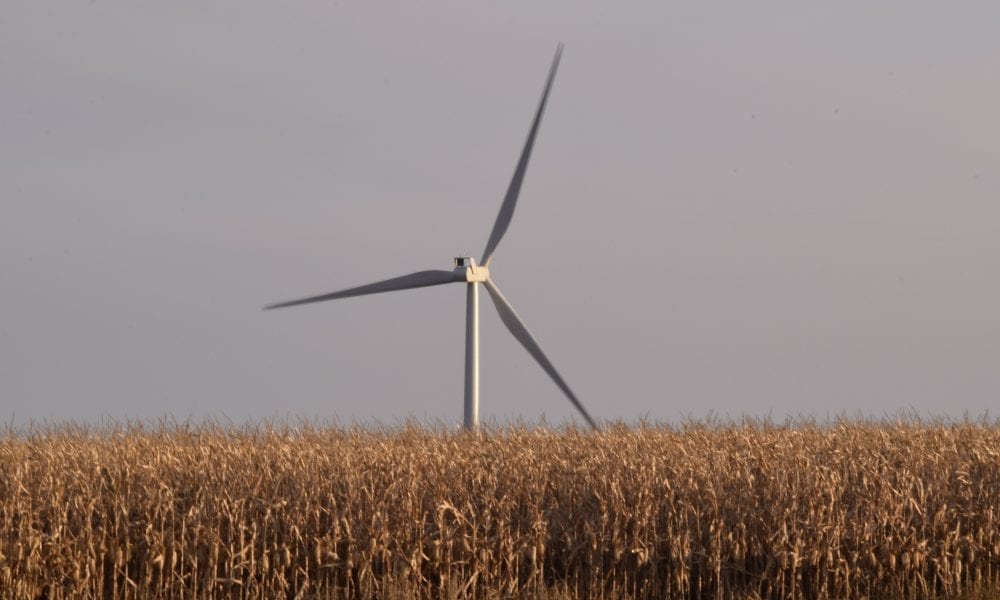Ørsted accuses BP of hampering 2.6GW Hornsea Four offshore wind farm
Energy Disrupter
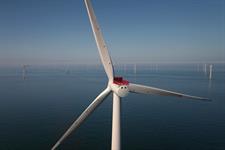
Ørsted has accused BP of trying to block development of up to a quarter of its planned Hornsea Project Four off the east coast of England.
Both companies have secured rights to an area of seabed off the Yorkshire coast.
Ørsted complained that the oil and gas giant is trying to prevent wind farm development in an area of seabed overlapping the Danish developer’s planned wind farm and BP’s planned carbon dioxide storage project. The Danish developer intends to build a wind farm with a capacity of around 2.6GW using about 180 turbines.
In a submission to the UK Government’s Planning Inspectorate, BP claimed the wind farm has fewer geological constraints than its planned CO2 storage project and said its scheme needs a “reasonable and practicable degree of separation from Hornsea Four”. This would allow workers to access relief wells and rigs, and allow crew changes on drilling vessels for search and rescue operations, BP explained.
But Ørsted countered that the overlapping area of seabed represents approximately 25% of the developable area for its planned wind farm and that failing to develop it could amount to a loss of up to 675MW of capacity. Meanwhile, increasing the density of turbines in the remaining seabed lease could reduce annual energy production by 2.5%, Ørsted claimed.
In its own submission to the Planning Inspectorate, Ørsted’s said: “This would make the project far less commercially competitive and potentially result in Hornsea Four being unable to compete for a contract for difference.”
An Ørsted spokesperson told Windpower Monthly it had been working with BP to find a solution, and added: “The issue of co-location has been brought into sharp focus and it’s essential that a solution is found. The technology exists to allow offshore wind and carbon capture, utilisation and storage to work in harmony, but genuine collaboration is needed to safeguard future projects.
“We will continue to engage closely with all relevant stakeholders to work towards a solution.”
A Planning Inspectorate spokesman said a team of inspectors would collate the evidence submitted by the companies and make a recommendation to the secretary of state, Kwasi Kwarteng, who will make the final decision.
BP was contacted but had not responded to a request for comment at the time of publication.

